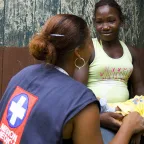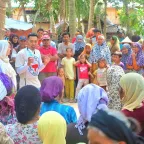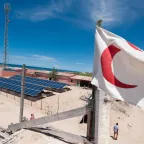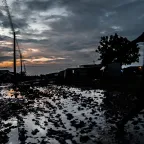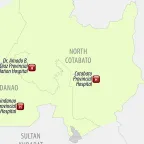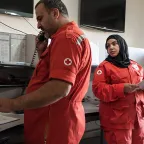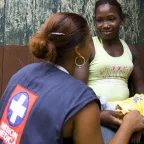Understanding violence against health care: A gender perspective
… challenges to safe access to and provision of health care in conflict for girls, boys, women and … Red Cross, is part of the Health Care in Danger project (HCiD). To learn more about the …

